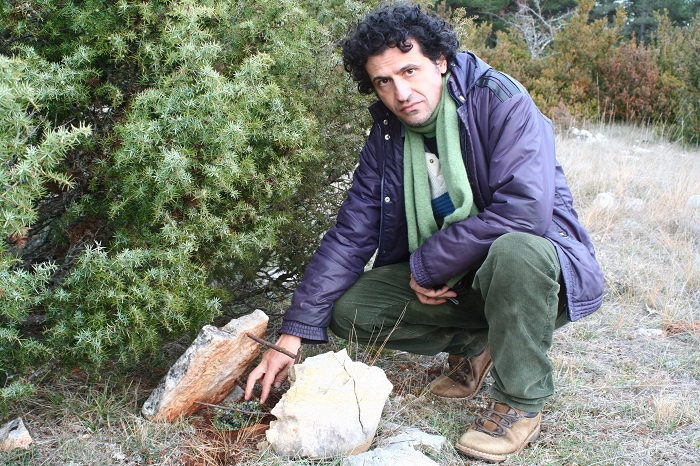Research trips to the French trapping areas

Bird-trapping with gluesticks (limesticks), horsehair snares, nets and stone-crush traps is still permitted in some French departments today. The arguments used by the authorities to allow such bird-trapping and in order to comply with the requirements of the EU Birds Directive are sometimes hair-raising. For example, an institute in Paris has confirmed in a courtesy report by the government that limesticks and stone-crush traps are selective trapping methods. Elsewhere in Europe, these traps have been banned precisely because they are not selective and simply catch anything that happens to come across them.
In order to uncover these tricks of hunt-friendly authorities and politicians and to document whether the licensed bird trappers really comply with the high standards, CABS regularly conducts field investigations in the affected trapping areas to combat the wild bird slaughter. We place particular emphasis on the documentation of the stone-crush traps in the Central Massif, the limesticks in Provence and the horsehair snares in the Ardenne. There have also been missions to the lapwing traps in the Aisnetal and to the skylark trapping near Bordeaux.
The results of our research will be made available to the EU Commission and the French partner associations. They are the basis for further studies on bird-trapping and help our partners in their campaigns against the all too generous approval practice.
We had a small partial success with the stone-crush traps. After the publication of our results in 2012, which confirmed, among other things, that even protected species such as titmice and finches are buried under the heavy stones and - contrary to what the government claims - do not survive the catch, the French forestry authority has since tightened controls.






